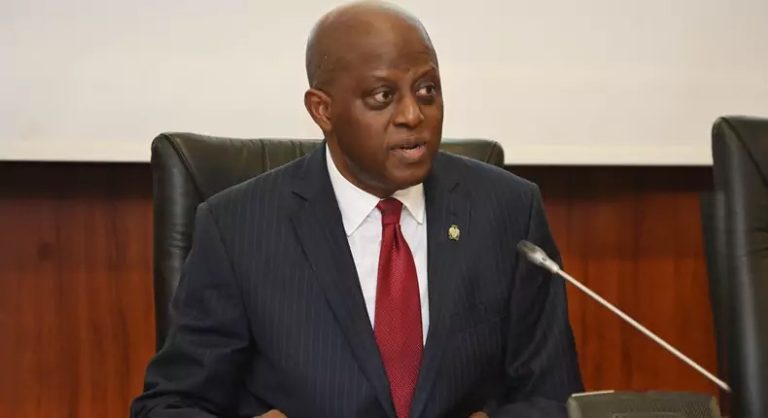In a move to bolster Nigeria’s banking sector, the Governor of the Central Bank of Nigeria (CBN), Mr. Olayemi Cardoso, announced that the Bank would continue its collaboration with key financial institutions, fiscal authorities, and the National Assembly. The goal is to ensure a successful recapitalisation exercise that also safeguards the property rights and interests of minority shareholders.
Mr. Cardoso made this commitment on Tuesday, in London while addressing stakeholders at the UK-Nigerian Chamber of Commerce on “The Impact of the Recapitalization of Nigerian Banks.” Represented by the Bank’s Deputy Governor of Financial Systems Stability, Mr. Phillip Ikeazor, Cardoso highlighted the critical nature of the event and reaffirmed the CBN’s dedication to creating stronger, healthier, and more resilient banks. These banks are envisioned to withstand economic shocks and support the Nigerian government’s ambitious target of achieving a GDP of US$1 trillion by 2030.
The recapitalisation programme is expected to significantly enhance banks’ lending capacities, increase the volume of foreign direct investment (FDI), and improve foreign exchange liquidity.
Additionally, this initiative will contribute to GDP growth, better risk management, improved credit ratings, a diversified ownership base, and more robust governance and strategic decision-making. It is also projected to lead to increased market volume and value, culminating in a more vibrant equity market.
“With the recapitalisation programme, our goal is to trigger the emergence of stronger, healthier, and more resilient banks,” Mr. Cardoso stated. He explained that various factors influenced the new minimum capital requirements, including macroeconomic conditions, stress test outcomes, and the necessity for enhanced risk management.
Mr. Cardoso assured that the CBN would strictly enforce its “fit and proper criteria” for prospective new shareholders, senior management, and board members of banks. The Bank will also proactively monitor the integrity of financial statements, the adequacy of financial resources, and the fair valuation of banks’ post-merger balance sheets.
“This initiative presents a significant opportunity to engage investors, policymakers, and technocrats on the critical issue of bank recapitalisation in Nigeria,” he added.
Since assuming office in October 2023, Mr. Cardoso has prioritised achieving monetary and price stability, maintaining a stable exchange rate, controlling inflation, and creating a conducive environment for businesses.
The recapitalisation directive, which excludes retained earnings from the minimum capital requirement, aims to simplify capital calculations and enhance transparency. This decision, grounded in the BOFIA Act 2020, aligns with international standards like Basel III and emphasises core capital elements to improve financial stability.
Reflecting on the successful 2004/5 Banking Sector Reforms, which consolidated the industry, increased capital bases, and boosted resilience against the global financial crisis, Mr. Cardoso expressed confidence that the current recapitalisation initiative would build on these past achievements, driving the Nigerian banking sector toward greater stability and growth.
